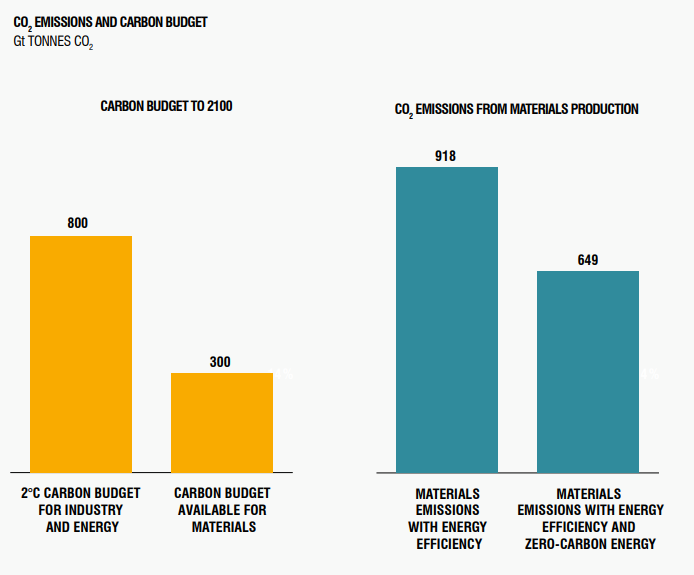
Newsletter
Growing the circle to get to net zero
High carbon prices and supportive government policies will reenergise circular economy investment

Newsletter
High carbon prices and supportive government policies will reenergise circular economy investment

Newsletter
The readership of Carbon Risk has grown a lot since I started this newsletter. Although I often provide links to many of my early posts, there are still plenty of early articles that current Carbon Risk readers probably haven’t seen. So I thought I’d start occasionally reposting some
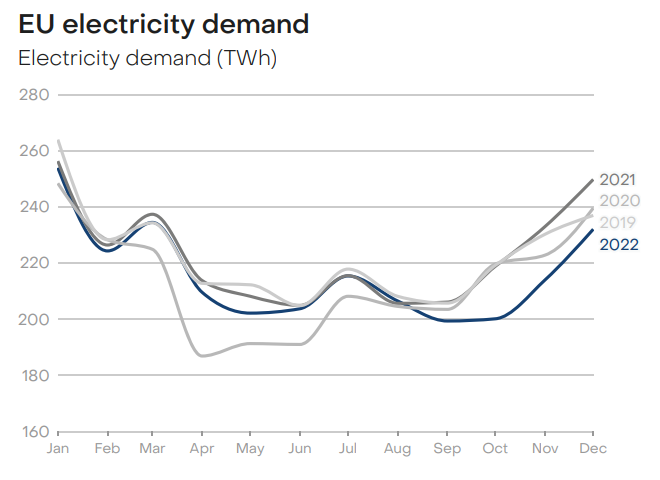
Newsletter
Why the outlook for European electricity consumption will be crucial in determining carbon prices in 2023

Newsletter
The worlds largest meat and dairy corporations are under pressure to cut greenhouse gas emissions
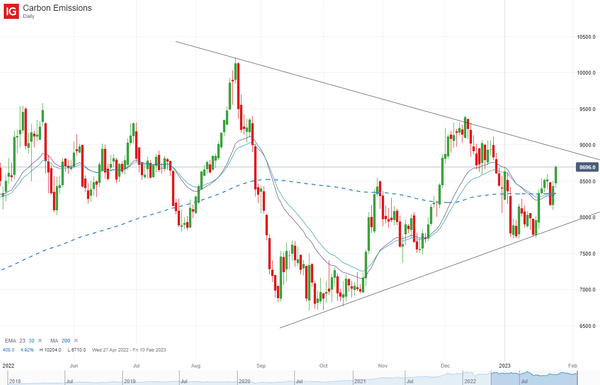
Newsletter
Decision time is fast approaching. The EU carbon price has been trading in an ever narrower range over the past six months and is currently hovering a little above the 200-day moving average. As the end of year compliance deadline looms and the market looks forward to developments later in

Newsletter
Pricing the carbon credit risk curve

Newsletter
Asset management tends to operate on a “bucket” principle which describes a grouping of related assets. A low risk, low return bucket might include short-term Treasury bills, other bonds with a short-term maturity and cash. Meanwhile, a high risk bucket with volatile returns could be filled with frontier market equities,
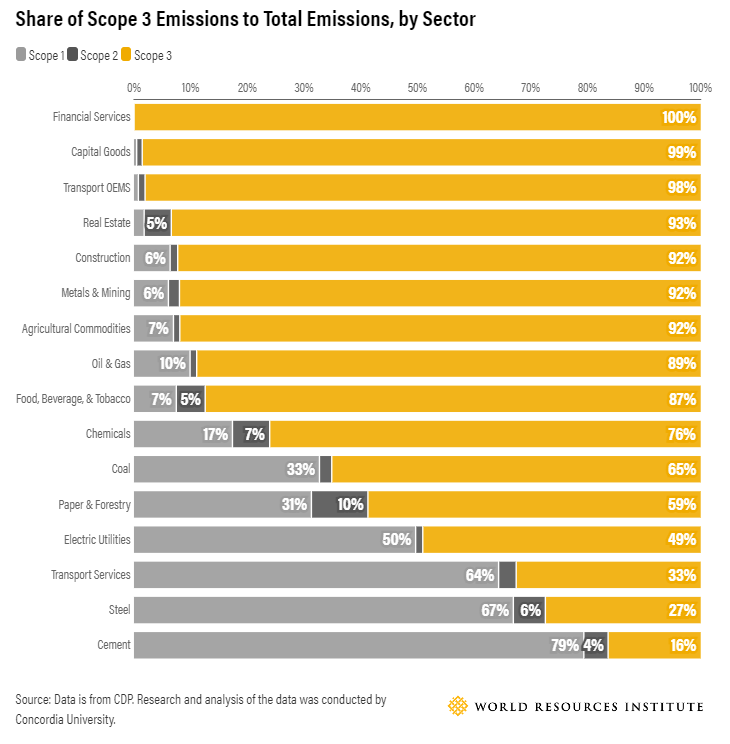
Newsletter
How investors should think about the SEC's proposed disclosure requirements

Newsletter
What it means for power sector emissions and the demand for carbon allowances
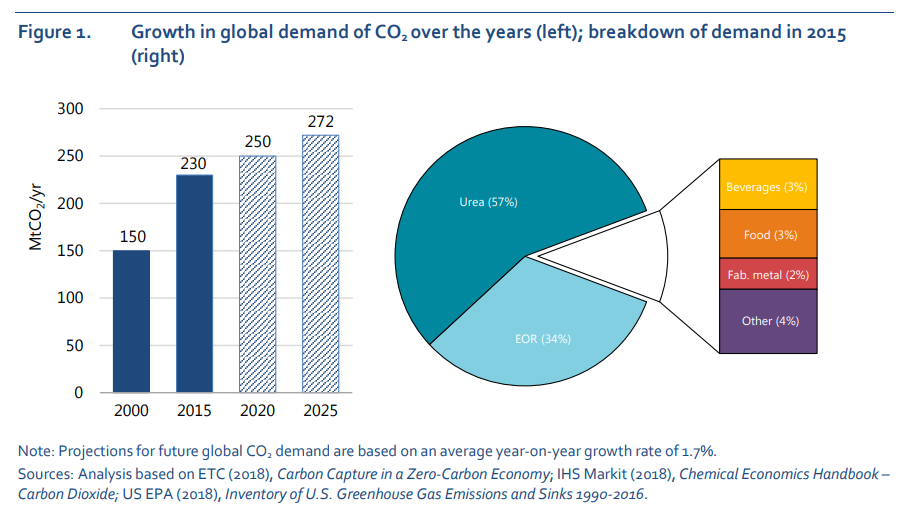
Newsletter
Why construction materials are likely to dominate future CO2 demand
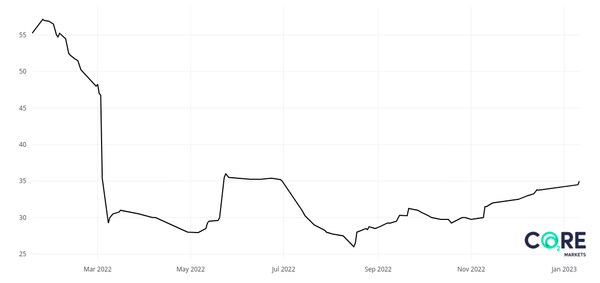
Newsletter
Reforms look set to restore trust, significantly increasing ambition
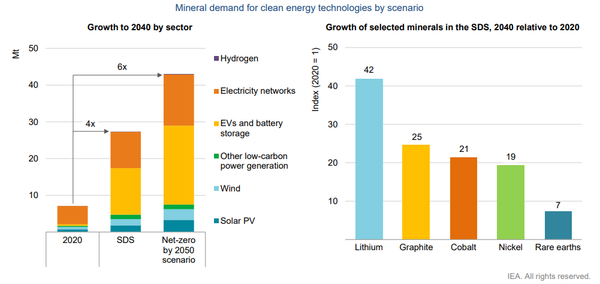
Newsletter
Demand for commodities essential to the green energy transition are expected to rise fourfold by 2040 if we are to reach the goals of the Paris Agreement, i.e., climate stabilisation at “well below 2°C global temperature rise”. In order to achieve net-zero globally by 2050, six times more